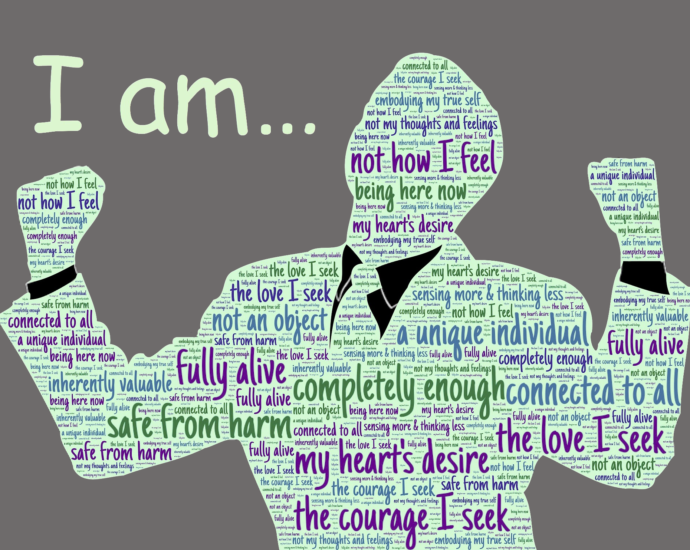Helping Behaviors
Helping behaviors are prosocial behaviors that are intended to help or comfort a person and to gain insight into a personal problem. It is valuable to keep the following comparison in mind. This report is not a diagnosis. We hope this information can guide you toward improving your life. ReviewContinue Reading










